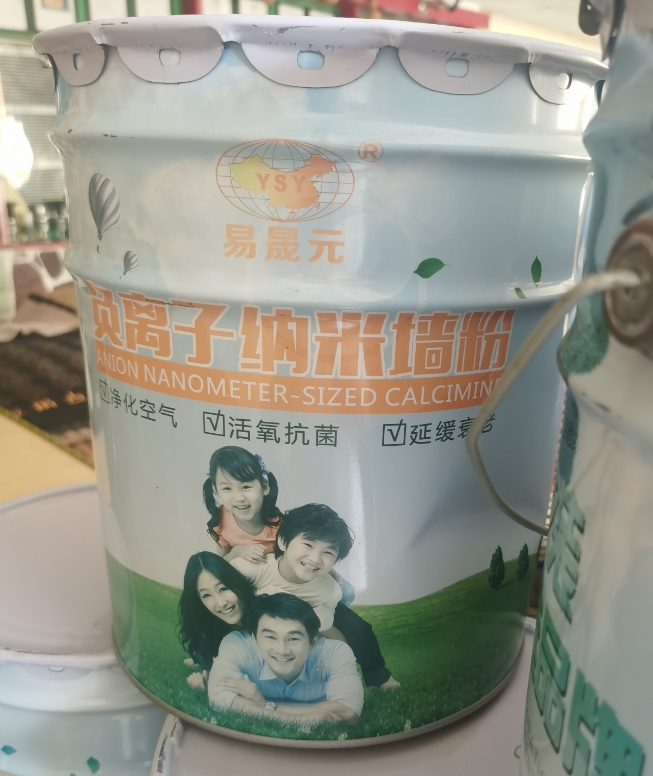
In Maine, where frigid winters are the norm, insulation materials play a crucial role in energy efficiency.
Insulation acts as a barrier, preventing heat transfer. In the cold climate of Maine, quality insulation helps keep the warm air inside a building. When insulation is insufficient or of poor quality, heat escapes through the walls, roof, and floors. This forces heating systems to work harder and longer to maintain a comfortable indoor temperature, resulting in increased energy consumption.
Good insulation materials, such as fiberglass, cellulose, and foam, have different properties that contribute to energy efficiency. Fiberglass insulation, for example, has good thermal resistance. It traps air within its fibers, reducing the flow of heat. In a Maine home insulated with fiberglass, less heat is lost to the outside environment. Cellulose insulation, on the other hand, is made from recycled materials and provides excellent insulation as well. It can fill in small crevices and gaps, further reducing air leakage and heat transfer.
Moreover, proper installation of insulation materials is just as important as the material itself. If there are gaps or improper sealing around windows, doors, or in the attic, cold air can seep in, and warm air can escape. In Maine's winter, even a small draft can significantly impact energy efficiency. Homeowners who invest in professional installation of insulation can ensure that there are no weak points where heat can escape.
Another aspect to consider is the R-value of insulation materials. The higher the R-value, the better the insulation's ability to resist heat flow. In Maine, where the cold is intense, choosing insulation with a high R-value for attics, walls, and basements is essential. This helps to keep the interior of the building warmer, reducing the need for excessive heating and ultimately saving on energy bills.

